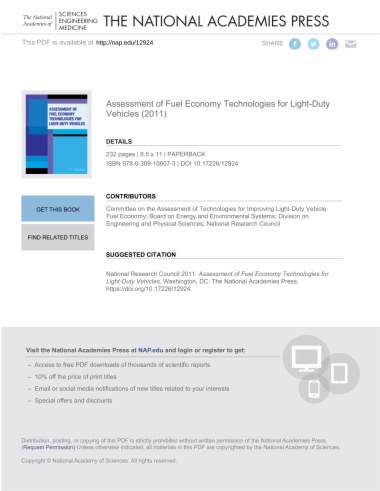The Enchantment of Reason is a lively critique of American legal thought and the American legal system’s deification of reason. In an attempt to understand the current malaise of American law and the depressed condition of American intellectual life in general, Pierre Schlag diagnoses what he believes is an epidemic of pathological reliance on the principle of reason. Contending that legal thinkers continually fail to recognize the aesthetic and ethical prejudices of rationalism, Schlag creates a genealogy that shows how the call to reason has become a manipulative vehicle of power, faith, and prejudice.
In examining the fierce resistance to questioning reason’s primacy, this renowned critic and professor of American law demonstrates how those who use and study the law perpetuate their own methodological blind spots. Claiming that reason has been endowed with a virtually mystical power to organize social life, Schlag unravels the seemingly rational world of judicial opinions, statutes, doctrines, and legal principles. In the process, he paints a shocking—and sure to be controversial—picture of the chaos and, indeed, violence of the American legal tradition.
This bold commentary on the irrationality of reason in American law and legal studies will interest not only legal scholars and philosophers but also serious thinkers across a broad disciplinary spectrum.

